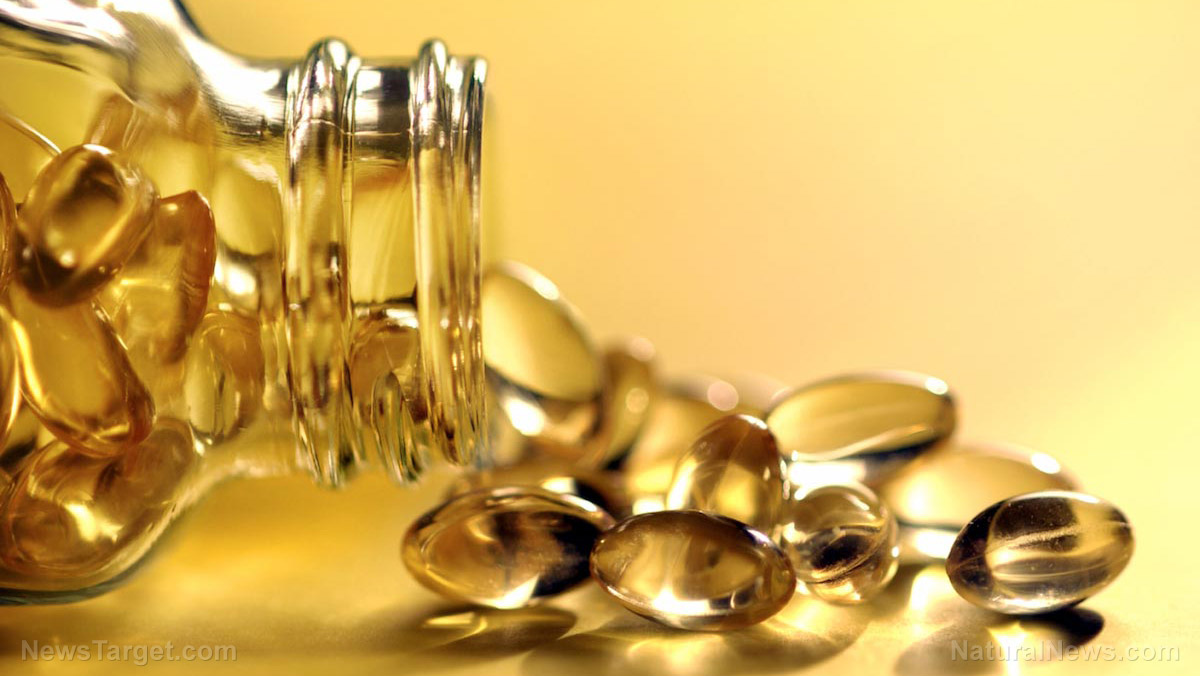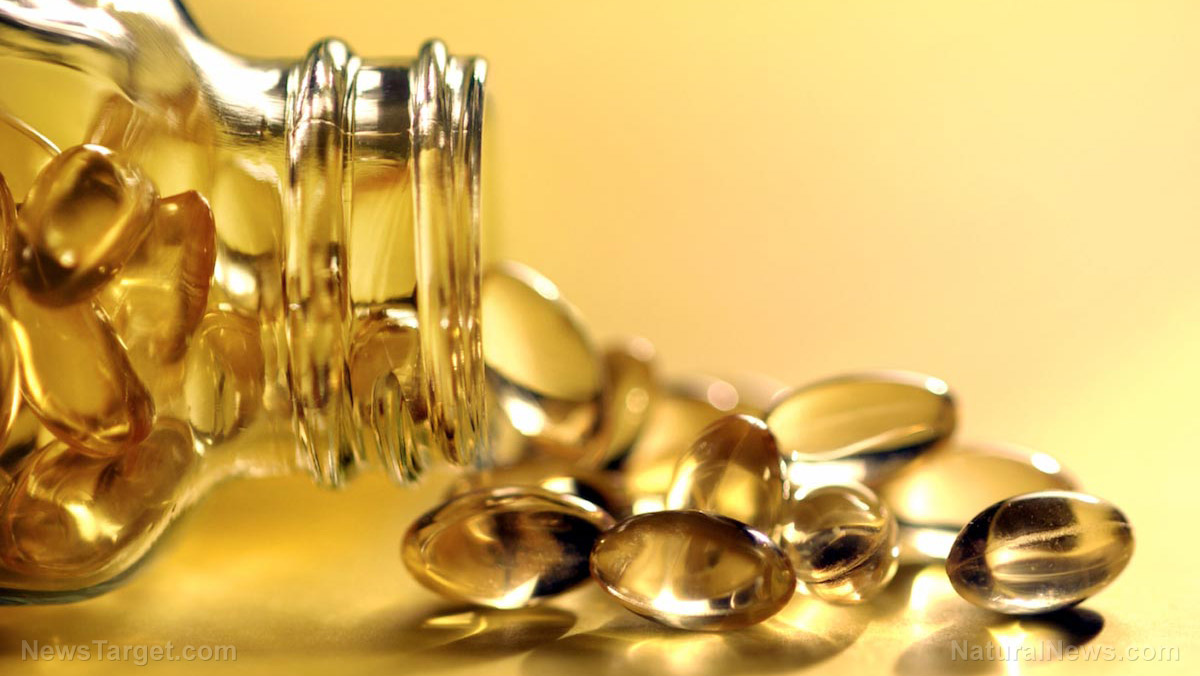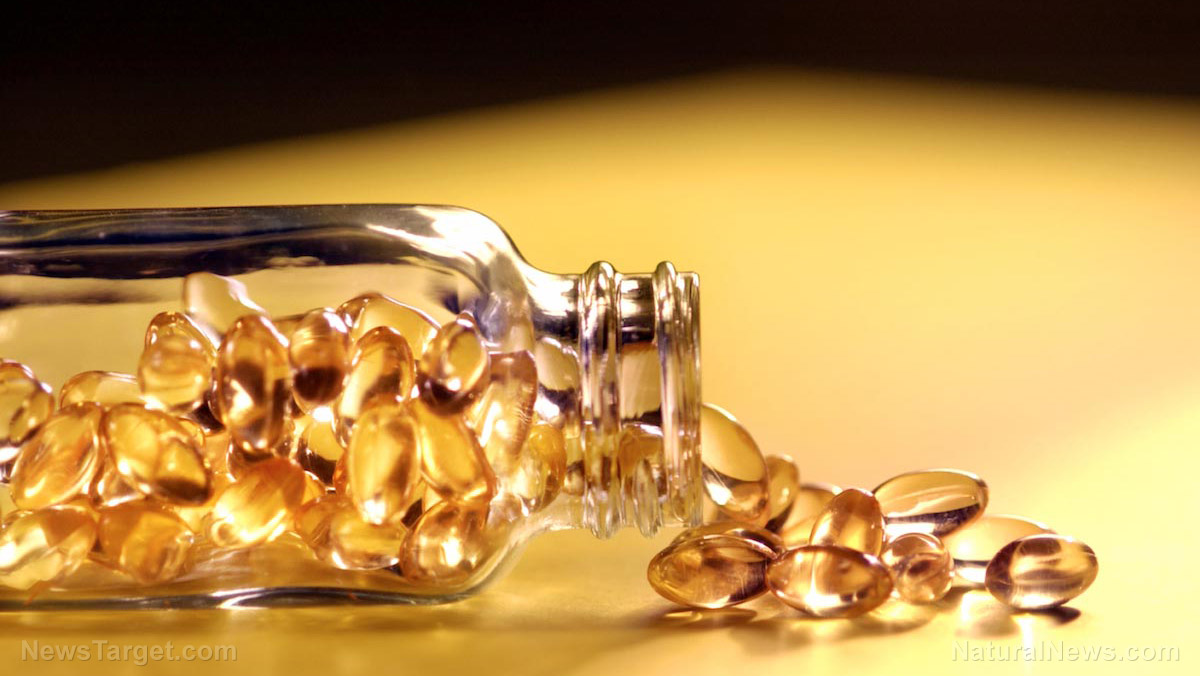Omega-3 supplementation can improve psychophysiological symptoms of PTSD
03/08/2019 / By Michelle Simmons

A study published in the Journal of Affective Disorders revealed that post-trauma supplementation of omega-3 fatty acids may be effective for secondary prevention of psychophysiological symptoms of post-traumatic stress disorder (PTSD). Psychophysiological symptoms, such as a pounding heart, are known to be common complications of PTSD.
- For the study, researchers from Japan recruited 83 accident survivors to determine whether omega-3 fatty acids have a beneficial effect on preventing psychophysiological symptoms like increased heart rate caused by PTSD.
- In conducting the study, the Japanese researchers gave the participants either omega-3 fatty acids — 1,470 milligrams (mg) docosahexaenoic acid (DHA) and 147 mg eicosapentaenoic acid (EPA) — or placebo within 10 days of the accidental injury.
- The supplementation period lasted for 12 weeks.
- After 12 weeks, the participants performed script-driven imagery of their traumatic experience as the researchers monitored their heart rate and skin conductance.
- The researchers found that heart rate during rest and script-driven imagery was substantially lower in those who took omega-3 fatty acids than those who took the placebo.
From these findings, it can be concluded that supplementation of omega-3 fatty acids might help improve psychophysiological symptoms of PTSD.
To read more studies on the benefits of omega-3 fatty acids on mental health, visit Omega3.news.
Journal Reference:
Matsumura K, Noguchi H, Nishi D, Hamazaki K, Hamazaki T, Matsuoka YJ. EFFECTS OF OMEGA-3 POLYUNSATURATED FATTY ACIDS ON PSYCHOPHYSIOLOGICAL SYMPTOMS OF POST-TRAUMATIC STRESS DISORDER IN ACCIDENT SURVIVORS: A RANDOMIZED, DOUBLE-BLIND, PLACEBO-CONTROLLED TRIAL. Journal of Affective Disorders. 15 December 2017; 224: 27-31. DOI: 10.1016/j.jad.2016.05.054
Tagged Under: Fish Oil, food cures, food is medicine, food science, functional food, heart rate, mental health, nutrients, omega-3 fatty acids, post traumatic stress disorder, psychophysiological symptoms, PTSD, research, supplements


















